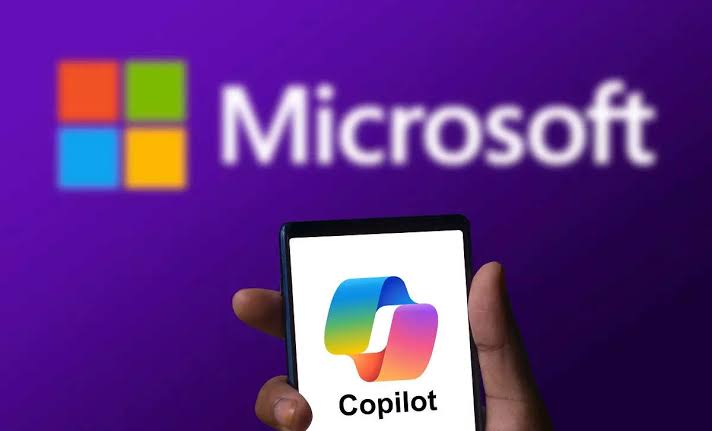Microsoft’s Copilot has evolved into a game-changing AI assistant, unveiled on April 4, 2025, as part of the company’s 50th anniversary. This upgraded chatbot can now browse the web and perform tasks, shifting from a simple responder to an active agent. Here’s how this Microsoft AI innovation is reshaping user experiences.
Copilot’s new AI powers
The latest Microsoft Copilot update introduces “Copilot Actions,” enabling the chatbot to handle real-world tasks. Ask it to book a restaurant table or buy a gift, and this AI navigates websites and fills forms. Integrated with partners like OpenTable and Expedia, Copilot’s web-browsing ability aims to expand across most sites, making it a versatile AI tool for everyday needs.
How the chatbot works
Powered by advanced natural language processing, Microsoft’s Copilot interprets casual prompts like “find a cheap flight.” The AI scours the web, executes tasks, and personalises results based on user preferences—think favourite cuisines or travel habits. This memory feature, optional for privacy, elevates Copilot beyond a basic chatbot into a tailored assistant.
Beyond web tasks, Microsoft’s AI chatbot offers extras. “Podcasts from the Web” turns content into audio summaries, while “Copilot Vision” analyses images or screens for context-aware help. The deep research feature tackles complex queries, positioning Copilot as a top AI for students and professionals alike.
Microsoft AI in a competitive field
In 2025, agentic AI is trending, with rivals like OpenAI’s Operator and Amazon’s Nova Act competing. Microsoft’s Copilot stands out with its ecosystem integration—Windows, Edge, and Bing—giving this chatbot an edge. Rumours suggest Microsoft is leaning on in-house tech over OpenAI’s, signalling a bold AI strategy shift.
With great power comes scrutiny. Microsoft ensures Copilot’s AI prioritises security, offering a dashboard to manage data retention. Yet, details on handling web errors or complex tasks are slim. Early success with structured sites like Booking.com bodes well, but broader web expansion will test this chatbot’s limits.
The future of Microsoft’s Copilot AI
Microsoft envisions Copilot as a customisable AI companion, potentially reviving icons like Clippy. Plans to enhance Bing with Copilot’s research skills hint at a smarter search engine. For users, this chatbot promises task automation; for businesses, it’s an AI productivity booster—though balancing convenience and control will be key.
Microsoft’s Copilot is no longer just a chatbot—it’s an AI that browses and acts, launched on April 4, 2025. With web navigation and task execution, this Microsoft innovation simplifies life. Privacy and performance questions linger, but Copilot’s potential to redefine AI assistance clearly marks a new era for Microsoft’s chatbot legacy.
















